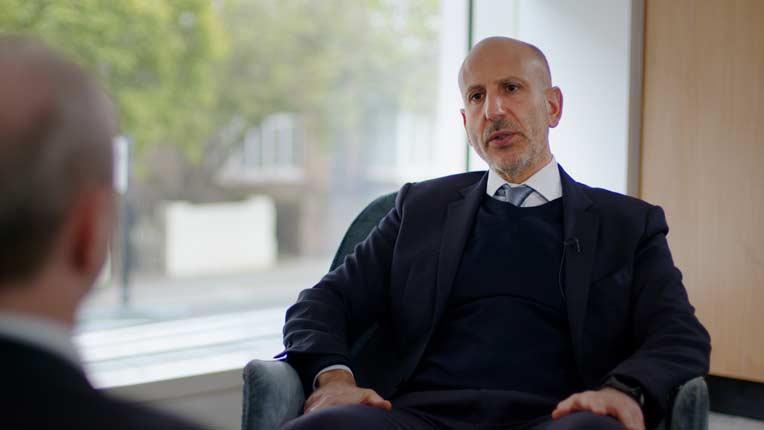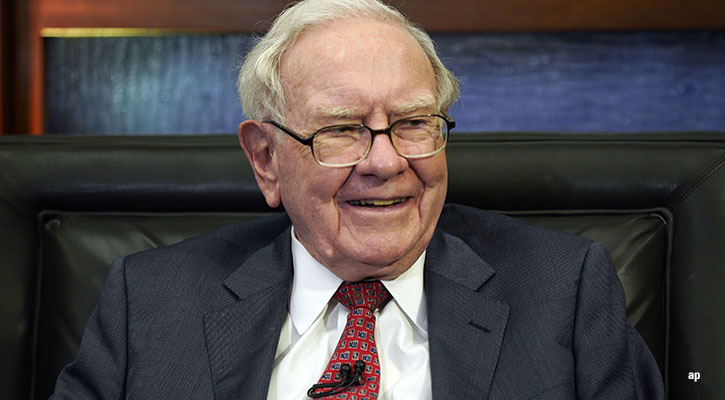Updated: Added information about new RBS research
Some UK banks are being undervalued by the markets, according to the latest research by Morningstar analyst Erin Davis. In particular, HSBC Holdings’ (HSBA) potential is being overlooked, Barclays (BARC) and Royal Bank of Scotland (RBS) are being undervalued, and shares in Standard Chartered (STAN) still have some room to grow, according to Davis’s fair value estimates for the companies.
In research reports that were issued over the last two weeks, Davis estimates that:
- HSBC should be valued at 760p, while the current market value sits closer to 540p
- Standard Chartered should be valued at 1,800p but the market value is hovering just over 1,500p
- Barclays’ fair value is roughly 300p, but the current market value is closer to 215p.
- RBS should be valued at 40p, but the current value is resting around 25p.
When comparing the four banks, Davis says: “I like Standard Chartered better as a company because I think it’s run efficiently and it’s smaller, which makes it easier to run well.” However, Standard Chartered is currently considered a “market darling,” and many investors have noticed the bank’s potential, says Davis. Therefore, it’s more fully valued than other banks that she covers.
HSBC is not run as smoothly as Standard Chartered, but it has more room for share price appreciation, making the company a rather attractive buy right now, says Davis. Plus, even though there are questions over HSBC’s rate of growth and worries about its costs, it is not dependent on investment banking, making it a safer bank compared to most.
Barclays is considered a riskier investment compared to HSBC because there’s a small chance it will need more capital, explains Davis. Barclays is also very dependent on its investment banking business, which has become far less profitable compared to pre-financial crisis levels. “It’s business model is inherently riskier because of its dependence on investment banking,” says Davis.
Meanwhile, RBS hasn’t turned a full-year profit since 2007, and while a profit can be expected for this year, the profit will be modest as the company continues its turnaround, says Davis.
“Royal Bank of Scotland is really interesting right now. There could be a significant amount of upside but there are even greater risks than Barclays.” The bank still has a number of risks to deal with, specifically with its exposure to Ireland. As investors worry more about defaults in periphery European countries, people will keep worrying about RBS’s exposure to Ireland, says Davis. “Even though RBS has taken heavy markdowns on Ireland, there is always still room for the valuations to go down.”
Premium members can access the full research reports for these banks by clicking the links below:
HSBC Holdings Research Report
Standard Chartered Research Report
Barclays Research Report
Royal Bank of Scotland Report























